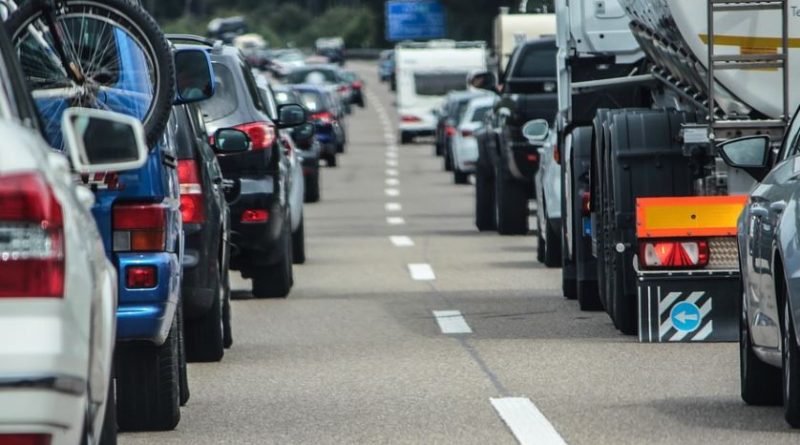Widespread personal vehicle ownership ‘incompatible’ with cutting emissions, say MPs
Urgent action is need for the UK to hit its legally binding emissions targets for 2023 to 2032, with a huge mountain to climb for the government to hit its own ‘eliminate all emissions’ target of 2050.
The Science and Technology Committee has today recommended 10 steps the Government should take to meet the targets, as well as identifying 10 areas of shortfall in Government action.
The Committee of MPs has touched on a topic bound to produce significant controversy – personal vehicle ownership. In the short term, it said that the Government needs to step up its backing for electric and hybrid models, deploying more infrastructure and to reconsider the incentives for consumers to purchase new and used models with lower emissions.
It went on to tackle the long term issue and what is probably a political unmentionable: “Although ultra-low emissions vehicles generate very little emissions during use, their manufacture generates substantial emissions. In the long-term, widespread personal vehicle ownership therefore does not appear to be compatible with significant decarbonisation. The Government should not aim to achieve emissions reductions simply by replacing existing vehicles with lower-emissions versions.”
The Science and Technology Committee tackled a wide ranging number of policies that require urgent change and a reversal of “the current policy trend of cut backs and slow progress”.
The report slammed the fact that fuel duty has been frozen for nine consecutive years while bus and train fares have been allowed to increase every year over the same period.
Other criticisms came over the cancellation of the ‘zero carbon homes’ policy in 2015, business rate changes in 2017 that have heaped extra cost on solar panels, hitting schools, SMEs and hospitals and a removable of support for onshore wind and large-scale solar power.
Rt Hon Norman Lamb MP, Chair of the Science and Technology Committee, said: “Throughout our inquiry, it was worrying to hear that although the Government may be ambitious when it comes to reducing carbon emissions, it is not putting the policies in place which are needed to achieve those targets.
“We need to see the Government put its words into actions.
The Government’s own projections suggest that the UK is not currently on track to meet its current emission targets, let alone net zero by 2050.
“The rate of deployment of several key low-carbon technologies is significantly lower than what is required to meet the Government’s ambitions, and various stakeholders expressed concern at the current and projected rate of progress of the UK’s decarbonisation.
“We heard of cut backs in various programmes and slow progress, which are incompatible with the UK’s two upcoming, legally binding, carbon budgets—this is unacceptable.
“If Governments across the world fail to act, it will have dire consequences for the environment and generations to come.
“The scale of the challenge cannot be underestimated.
“This Report clearly highlights ten key areas of concern and we hope the Government listens to our realistic, achievable recommendations on how to make the UK a world leader in cutting carbon emissions once again.”
While these kind of messages and views are not uncommon, these coming from within the corridors of power will hopefully hold some weight for the powers that be.



